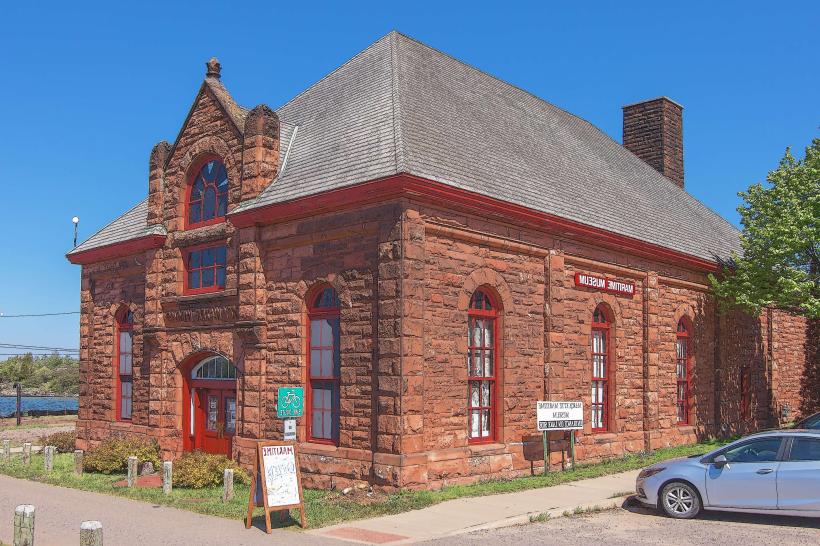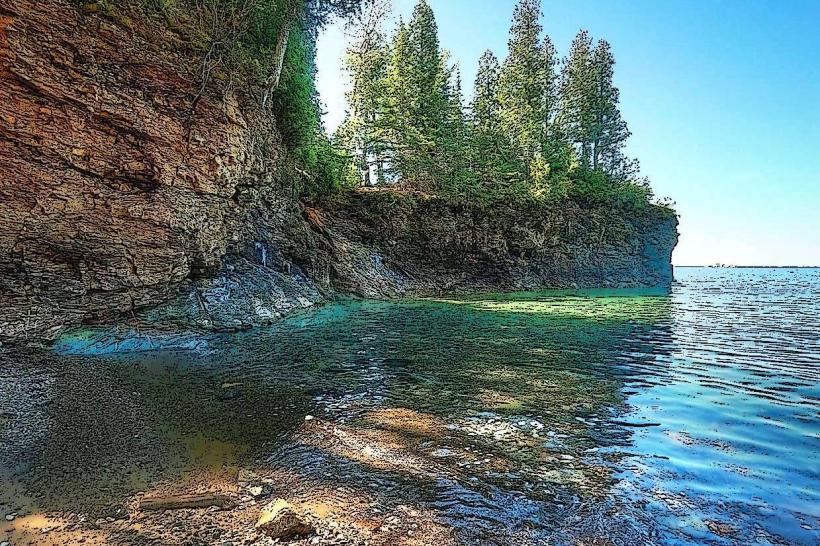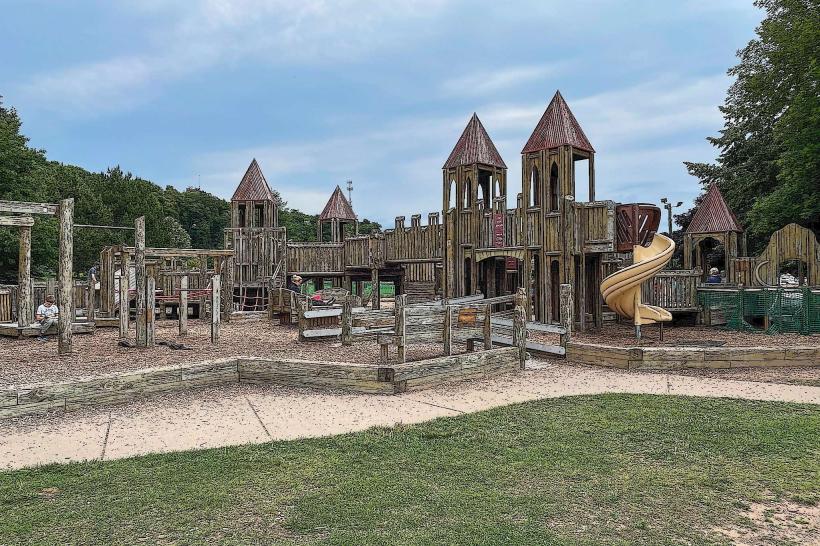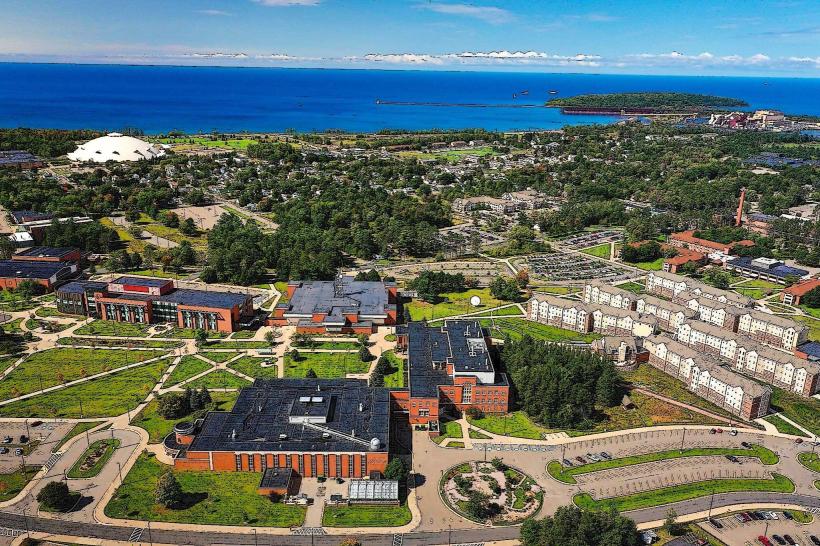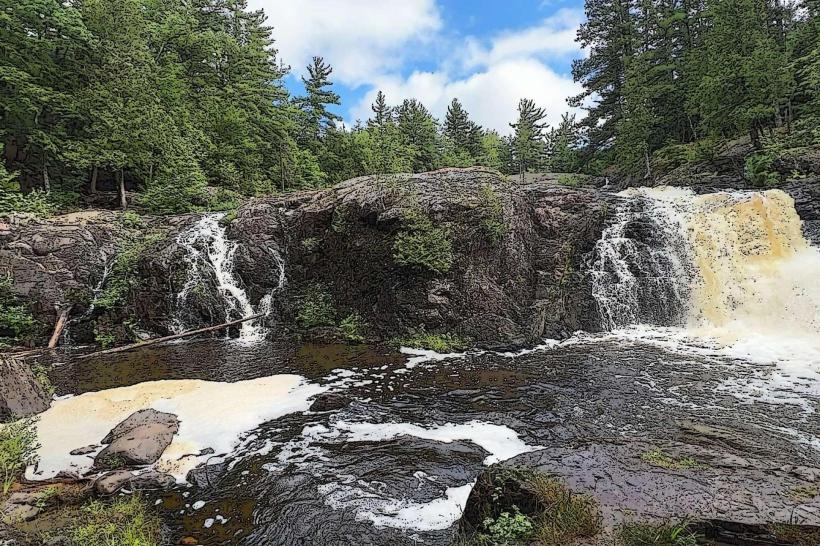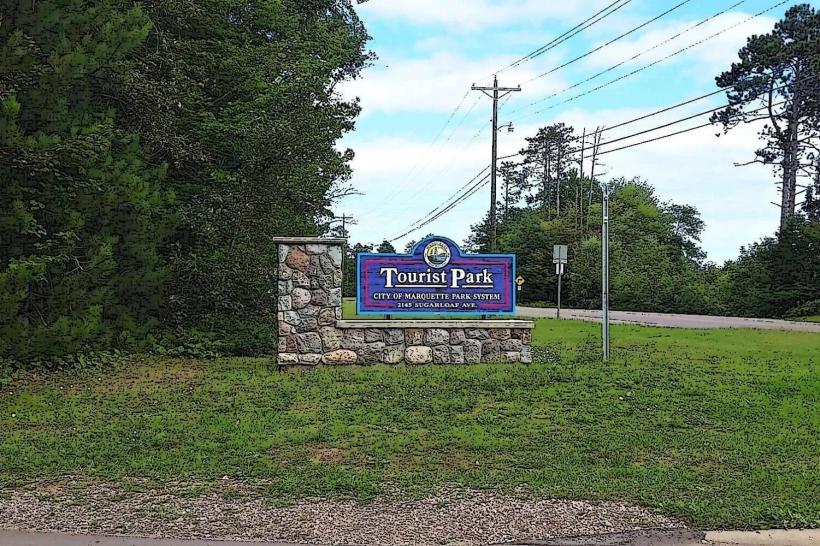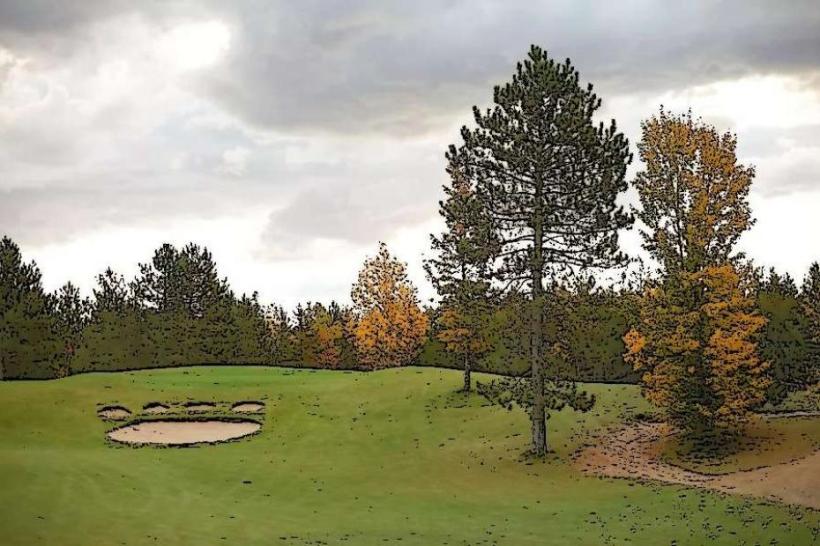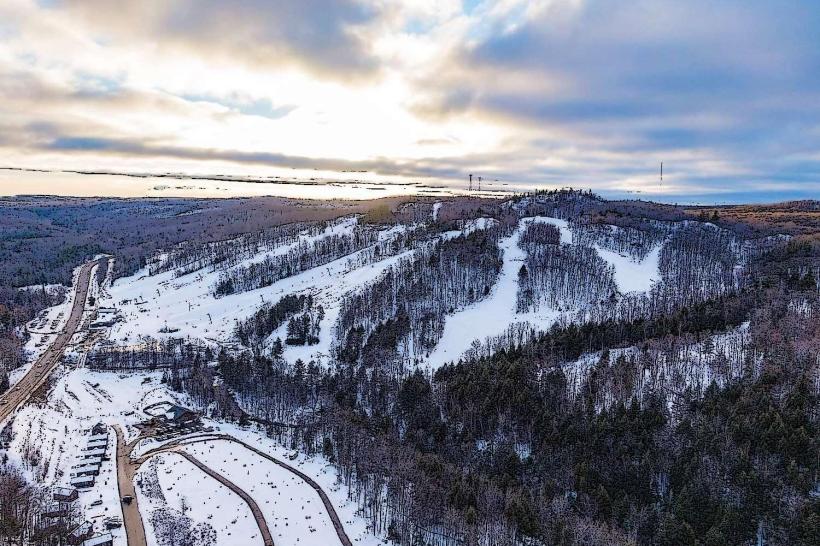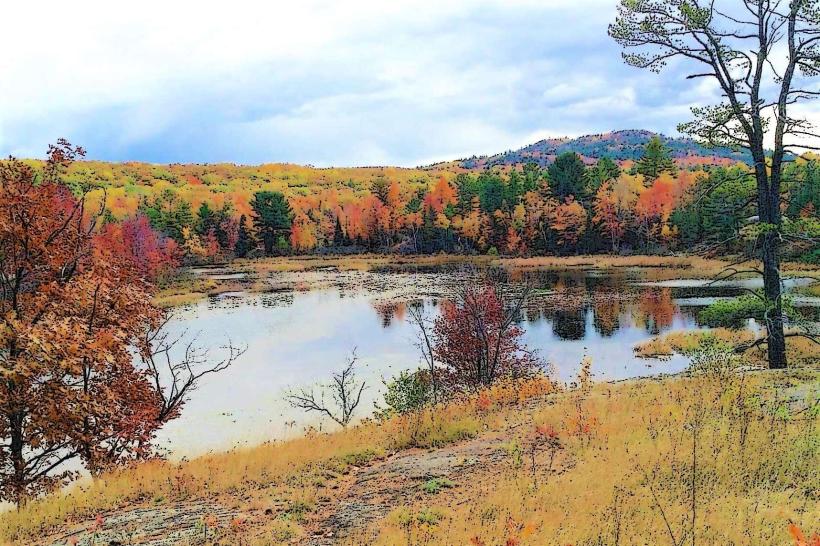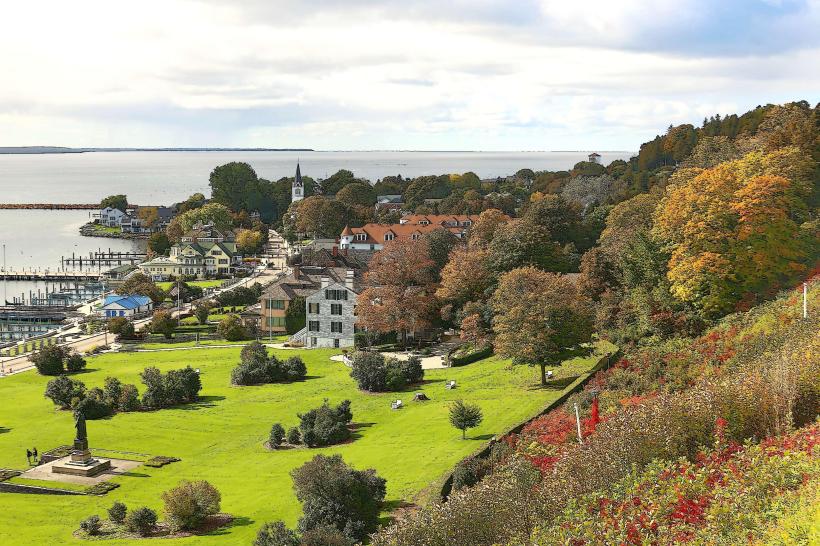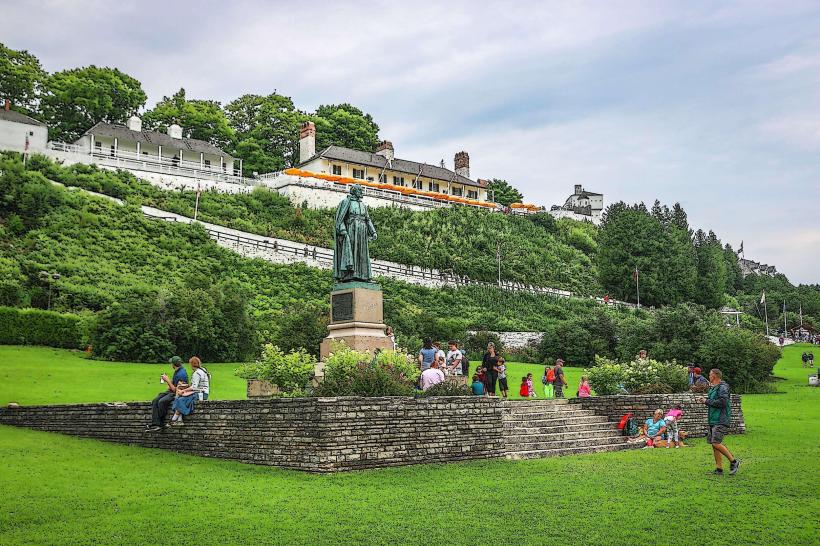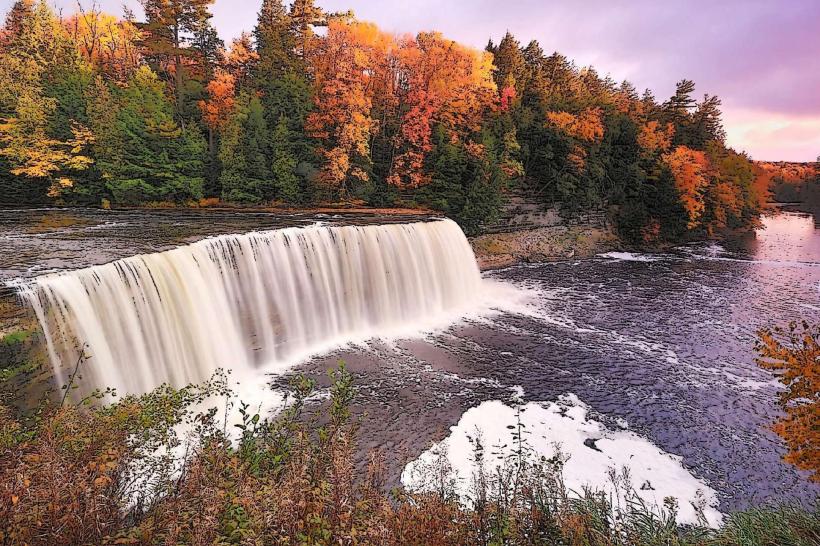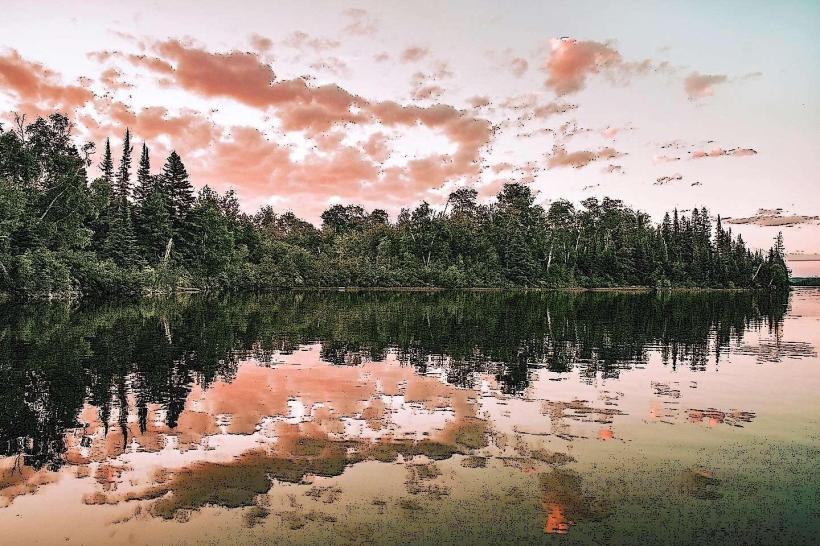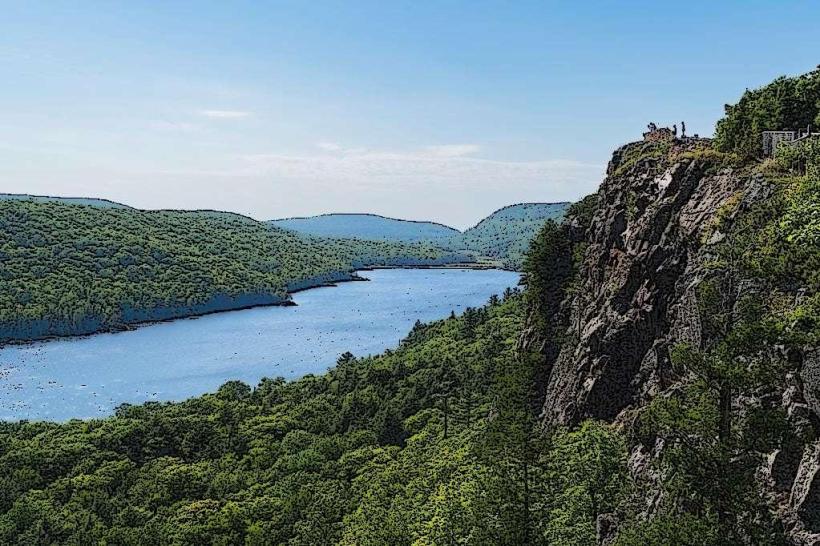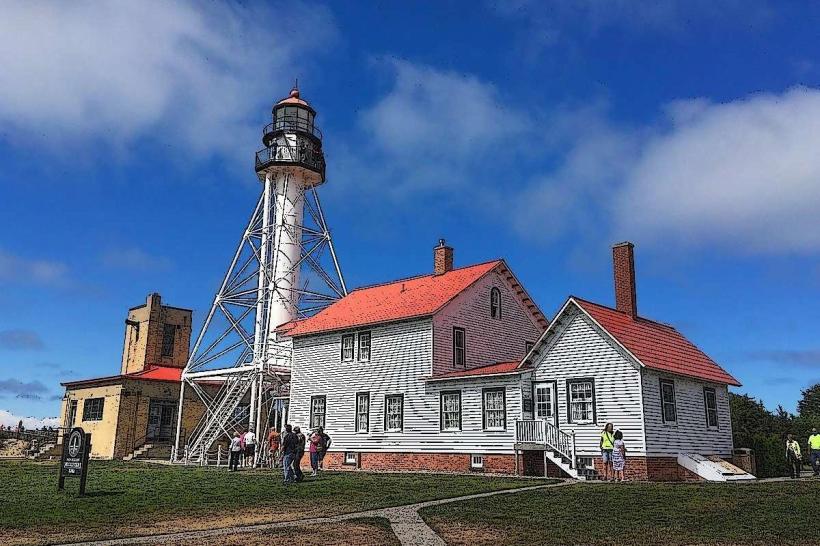Information
Landmark: Marquette Regional History CenterCity: Marquette
Country: USA Michigan
Continent: North America
Marquette Regional History Center, Marquette, USA Michigan, North America
The Marquette Regional History Center (MRHC) is a prominent nonprofit institution located at 145 West Spring Street in Marquette, Michigan. Founded in 1918, it is dedicated to preserving, interpreting, and sharing the rich history and cultural heritage of Marquette County and the broader Upper Peninsula region. The center serves as a vital hub for education, research, and community engagement, offering visitors an immersive experience that connects them deeply with the area's past.
Mission and Purpose
The MRHC’s mission revolves around collecting, preserving, and promoting the historical and cultural legacy of the region. It seeks to foster an understanding and appreciation of the Upper Peninsula’s unique heritage through exhibits, educational programs, public events, and research resources. As a nonprofit, the center relies on community support, memberships, and donations to continue its work.
Location and Building
Housed in a historic building in downtown Marquette, the MRHC offers easy accessibility for both locals and tourists. The facility is thoughtfully designed to accommodate permanent and rotating exhibits, a research library, event spaces, and visitor amenities. It is a welcoming environment that encourages exploration, learning, and reflection.
Hours of Operation
The museum is open to the public from Monday through Saturday, with hours generally as follows:
Monday, Tuesday, Thursday, Friday: 10:00 AM to 5:00 PM
Wednesday: Extended hours until 8:00 PM
Saturday: 10:00 AM to 3:00 PM
Closed on Sundays
The J.M. Longyear Research Library within the center operates by appointment only, allowing scholars, genealogists, and history enthusiasts to delve into archival materials in a focused setting. The library is closed on Mondays and visitors are encouraged to schedule visits in advance.
Admission and Membership
Admission fees help sustain the center’s operations and programs. The rates are modest and designed to be accessible:
Adults: $10.00
Seniors and military personnel: $8.00
Students (including college students with ID): $4.00
Children under 12: $3.00
Members at certain sponsorship levels enjoy complimentary admission, fostering a strong sense of community support and engagement.
Exhibits and Collections
The core of the MRHC experience lies in its thoughtfully curated exhibits, which provide a comprehensive and engaging narrative of the region’s history and culture.
Interactive and Immersive Displays: Visitors can explore a full-size beaver dam, offering insight into local wildlife and ecosystems. An underwater scene from Lake Superior highlights the natural environment beneath the surface. The Finnish sauna exhibit reflects the cultural heritage of Finnish immigrants, who are a significant part of the region’s demographic history.
Historical Artifacts: The center houses an authentic Ojibwe wigwam, giving visitors a tangible connection to the Native American heritage of the area. A reconstructed fur trading post offers a glimpse into early European settlement and trade. A birch bark canoe is displayed, representing traditional craftsmanship and transportation methods used by indigenous peoples.
Technological Innovations and Industry: The MRHC showcases inventions such as the first solar compass, created by William Austin Burt, which had significant impact on surveying and navigation. The collection also includes an extensive array of firearms and tools used in the logging and mining industries that shaped the Upper Peninsula’s economy.
Community and Cultural Exhibits: Exhibits explore the lifestyle of "Yoopers," a colloquial term for Upper Peninsula residents, including displays of logging camps, agricultural development, and local traditions. Military history is covered through the “Arrivals and Departures” exhibit, which examines the region’s role in conflicts from the Civil War to the Cold War era.
Immigration and Industry Impact: The contributions of immigrant populations, such as Finnish, Swedish, and Italian communities, are documented with artifacts and personal stories. Items like an iron lung, used during the polio epidemic, highlight medical history and community resilience.
Special and Rotating Exhibits
The MRHC regularly hosts special exhibits that dive into particular themes or historical moments. One such exhibit, “School Days: Educating Marquette County,” runs from October 7, 2024, through June 7, 2025. This exhibit traces the development of education in Marquette County, showcasing artifacts from early schools and the evolution of public education systems, highlighting how education shaped the community’s growth and identity.
Educational Programs and Events
The center offers a broad array of educational programs aimed at diverse audiences. These include:
Historical Bus Tours: Guided tours provide immersive experiences into Marquette’s past, featuring storytelling and reenactments to bring history alive for participants.
Senior Support Series: These daytime programs offer historical insights tailored to senior citizens, promoting community involvement and lifelong learning.
Special Presentations: Topics cover a range of local history subjects, such as shipwrecks in Lake Superior and the history of the Shiras Planetarium.
Seasonal Events: The MRHC organizes community celebrations including events like Tuba Christmas, a festive musical gathering, and an annual Holiday Art Sale featuring local artists.
Research Library – J.M. Longyear Research Library
A cornerstone resource of the MRHC is its research library, which serves historians, genealogists, students, and other researchers interested in the Upper Peninsula’s past. The library’s archives contain an extensive collection of rare books, newspapers, manuscripts, photographs, and personal papers. This specialized collection supports academic research and personal inquiry, making the center an important hub for historical scholarship in the region.
Event Space Rental
The center includes the C. Fred Rydholm Gathering Hall, a versatile venue that can accommodate up to 180 guests. This space is popular for community meetings, private events, receptions, and conferences. It features a fully equipped kitchen and permits outside catering, making it suitable for a variety of occasions.
Community Role and Impact
As a custodian of regional history, the Marquette Regional History Center plays a vital role in preserving and interpreting the cultural identity of the Upper Peninsula. It serves as an educational resource, a community gathering place, and a tourist attraction that enriches the understanding of the region’s past. Through its exhibits, programs, and research services, the MRHC connects residents and visitors alike to the unique stories and heritage that define Marquette and its surrounding communities.
Contact Information
Address: 145 West Spring Street, Marquette, MI 49855
Phone: (906) 226-3571
Visitors and researchers are encouraged to plan ahead by checking hours, making appointments for library access, and exploring membership opportunities to support the center’s ongoing mission.

